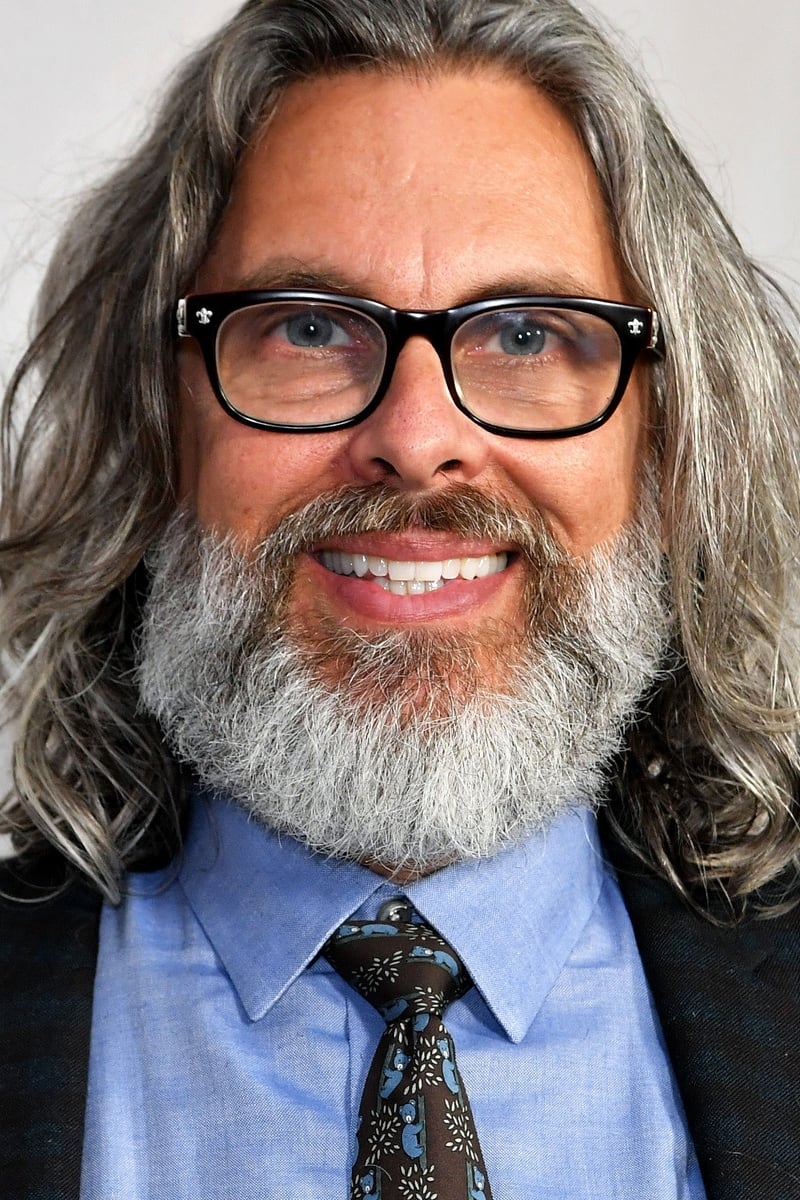
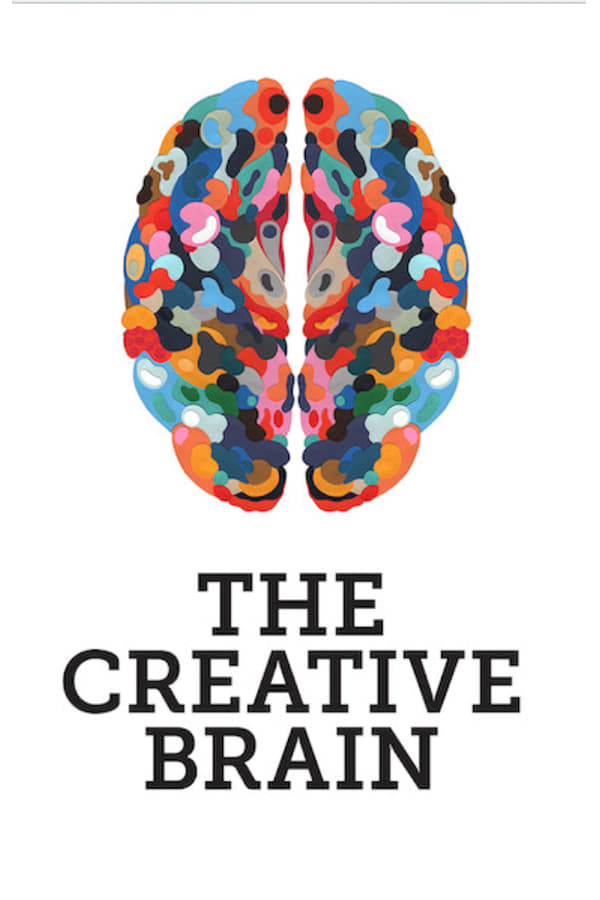
Neuroscientist David Eagleman taps into the creative process of various inventors, while exploring brain-bending, risk-taking ways to spark creativity
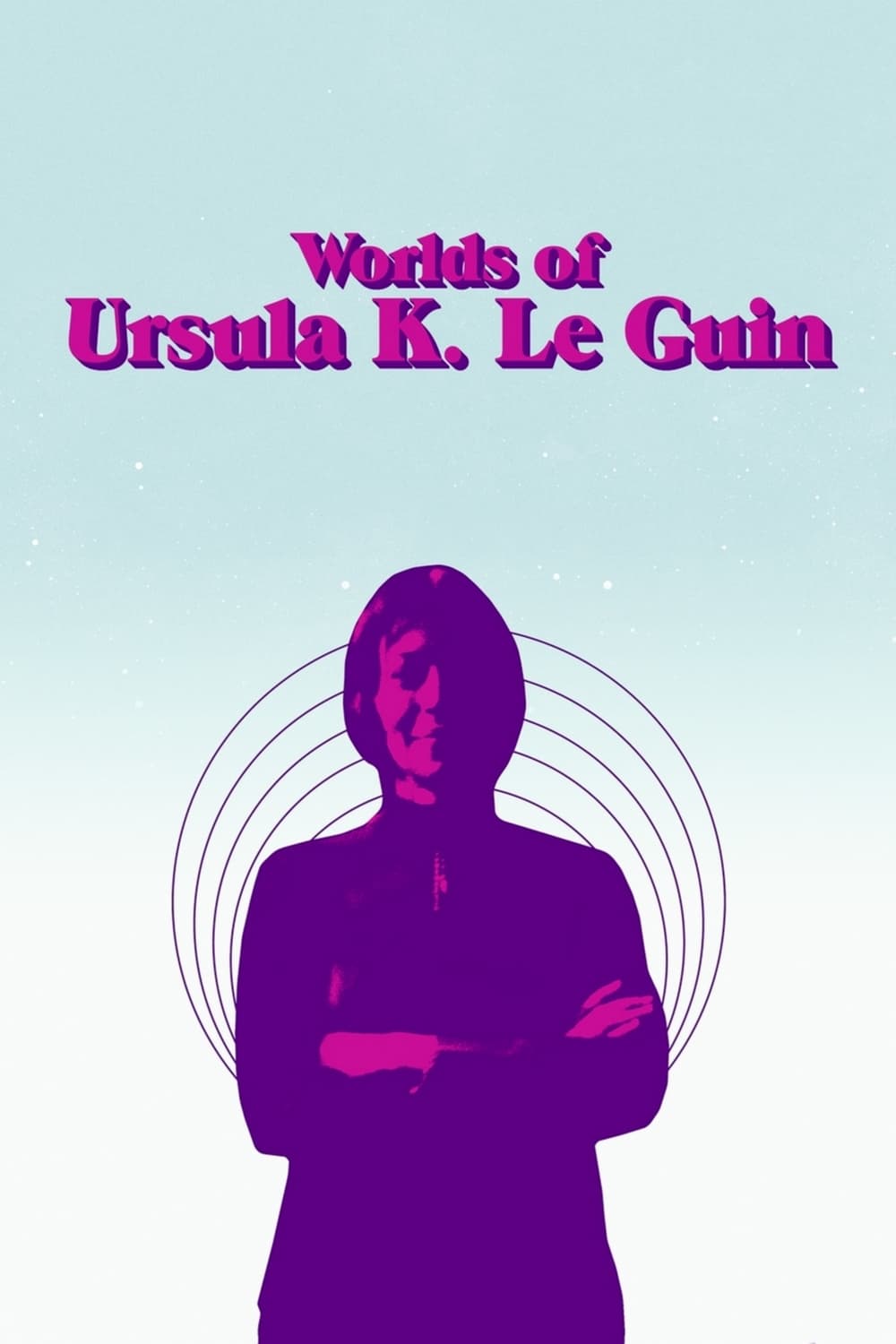
The extraordinary life story of science fiction and fantasy writer Ursula K. Le Guin (1929-2018) who, in spite of remaining for many years on the sidelines of the mainstream literature, managed to be recognized as one of the most remarkable US writers of all time, due to the relevance of her work and her commitment to the human condition.
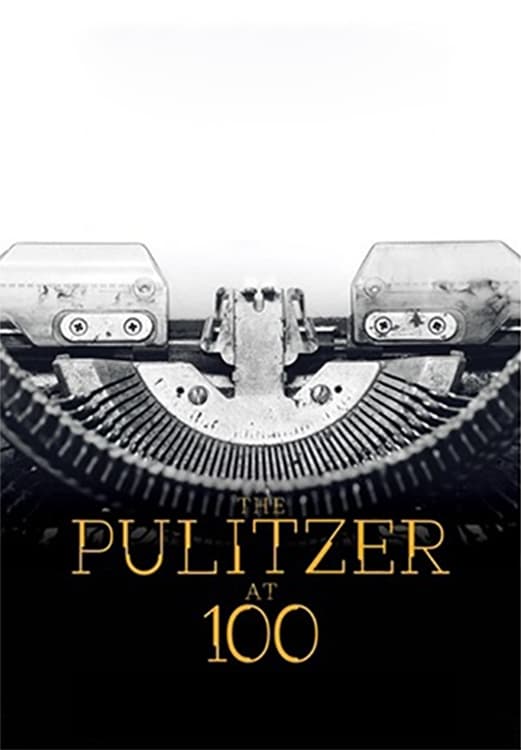
The Pulitzer at 100, by Oscar and Emmy winning director Kirk Simon, is a ninety-minute independent documentary released in conjunction with the Pulitzer Centennial in April 2016. This film is told through the riveting stories of the artists that have won the prestigious prize. With Pulitzer work read by Helen Mirren, Natalie Portman, Liev Schreiber, John Lithgow and Yara Shahidi; journalists include Carl Bernstein, Nick Kristof, Thomas Friedman, and David Remnick; authors include Toni Morrison, Michael Chabon, Junot Díaz, Tony Kushner, and Ayad Akhtar; and musicians Wynton Marsalis, David Crosby, and John Adams also share their stories.
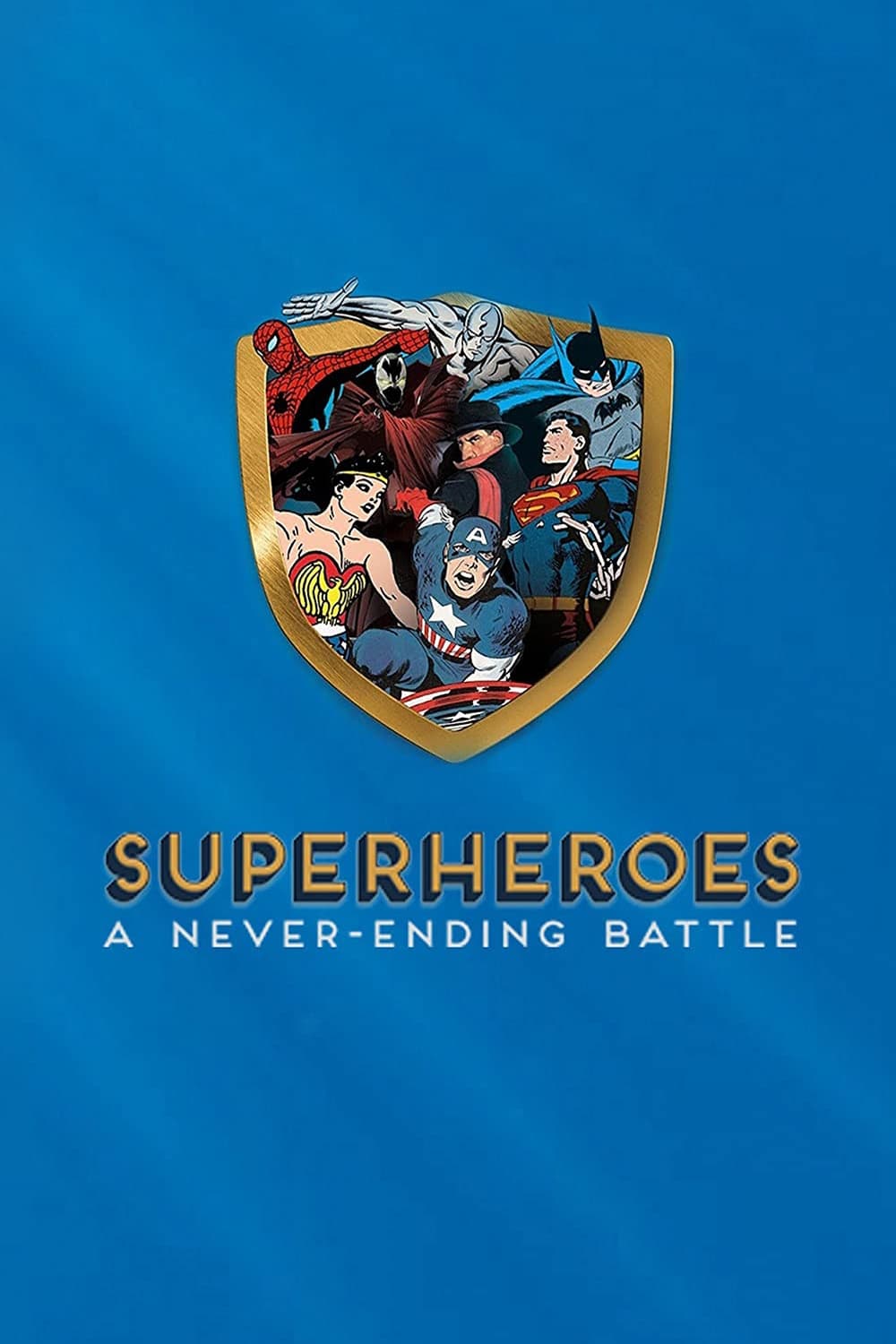
Examines the dawn of the comic book genre and its powerful legacy, as well as the evolution of the characters who leapt from the pages over the last 75 years and their ongoing worldwide cultural impact. It chronicles how these disposable diversions were subject to intense government scrutiny for their influence on American children and how they were created in large part by the children of immigrants whose fierce loyalty to a new homeland laid the foundation for a multi-billion-dollar industry that is an influential part of our national identity.
Michael Chabon (born May 24, 1963) is an American novelist, screenwriter, columnist, and short story writer. Born in Washington, D.C., he spent a year studying at Carnegie Mellon University before transferring to the University of Pittsburgh, graduating in 1984. He subsequently received a Master of Fine Arts in creative writing from the University of California, Irvine. Chabon's first novel, The Mysteries of Pittsburgh (1988), was published when he was 25. He followed it with Wonder Boys (1995) and two short-story collections. In 2000, he published The Amazing Adventures of Kavalier & Clay, a novel that John Leonard would later call Chabon's magnum opus. It received the Pulitzer Prize for Fiction in 2001. His novel The Yiddish Policemen's Union, an alternate history mystery novel, was published in 2007 and won the Hugo, Sidewise, Nebula and Ignotus awards; his serialized novel Gentlemen of the Road appeared in book form in the fall of the same year. In 2012, Chabon published Telegraph Avenue, billed as "a twenty-first century Middlemarch," concerning the tangled lives of two families in the San Francisco Bay Area in 2004. He followed Telegraph Avenue in November 2016 with his latest novel, Moonglow, a fictionalized memoir of his maternal grandfather, based on his deathbed confessions under the influence of powerful painkillers in Chabon's mother's California home in 1989. Chabon's work is characterized by complex language, and the frequent use of metaphor along with recurring themes such as nostalgia, divorce, abandonment, fatherhood, and most notably issues of Jewish identity. He often includes gay, bisexual, and Jewish characters in his work. Since the late 1990s, he has written in increasingly diverse styles for varied outlets; he is a notable defender of the merits of genre fiction and plot-driven fiction, and, along with novels, has published screenplays, children's books, comics, and newspaper serials. Chabon (pronounced, in his words, "Shea as in Shea Stadium, Bon as in Bon Jovi", i.e., /ˈʃeɪbɒn/) was born in Washington, D.C., to a Jewish family. His parents are Robert Chabon, a physician and lawyer, and Sharon Chabon, a lawyer. Chabon said he knew he wanted to be a writer when, at the age of ten, he wrote his first short story for a class assignment. When the story received an A, he recalls, "I thought to myself, 'That's it. That's what I want to do. I can do this.' And I never had any second thoughts or doubts." Referring to popular culture, he wrote of being raised "on a hearty diet of crap". His parents divorced when he was 11, and he grew up in Pittsburgh, Pennsylvania, and Columbia, Maryland. Columbia, where he lived nine months of the year with his mother, was "a progressive planned living community in which racial, economic, and religious diversity were actively fostered." He has written of his mother's marijuana use, recalling her "sometime around 1977 or so, sitting in the front seat of her friend Kathy's car, passing a little metal pipe back and forth before we went in to see a movie." He grew up hearing Yiddish spoken by his mother's parents and siblings. ... Source: Article "Michael Chabon" from Wikipedia in English, licensed under CC-BY-SA 3.0.
By browsing this website, you accept our cookies policy.